১০ ফাল্গুন ১৪৩২
$100,000 Fee Requiring Per Year for H-1B Worker Visa : Trump Administration
20 September 2025 16:09 PM
NEWS DESK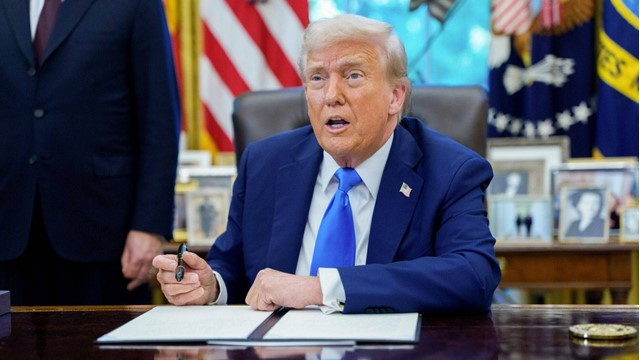
United States President Donald Trump has signed a proclamation requiring a $100,000 fee per year for companies seeking to sponsor H-1B worker visas.
Trump signed the order on Friday, while also introducing a separate “gold card” visa for individuals who can afford to pay $1m for US permanent residency.
“The main thing is, we’re going to have great people coming in, and they’re going to be paying,” he told reporters at the White House.
H-1B visas allow companies to sponsor foreign workers with specialised skills – such as scientists, engineers, and computer programmers – to work in the US, initially for three years, but extendable to six years.
Administration officials said the change to the H-1B programme would ensure that companies would only sponsor workers with the most rarefied skill sets.
“If you’re going to train somebody, you’re going to train one of the recent graduates from one of the great universities across our land. Train Americans. Stop bringing in people to take our jobs,” US Commerce Secretary Howard Lutnick said.
However, such a prohibitive fee will likely vastly transform the H-1B system, which was created in 1990 and awards 85,000 visas per year on a lottery system.
The programme has come under increased scrutiny from the Trump administration amid a wider crackdown on immigration, which the US president has tied to boosting domestic labour.
As part of that campaign, the Trump administration has also sought to introduce more restrictive policies on international students studying in the US, including requiring access to social media accounts and a ban on foreign travellers from several countries.
Supporters of the H-1B programme say it brings the best and brightest to work in the US, creating an edge against foreign competitors. Critics have long charged that companies have abused the programme, using it to pay lower wages and to impose fewer labour protections.
Lutnick said on Friday that “all the big companies are on board” with $100,000 a year for H-1B visas.
“We’ve spoken to them,” he said.
He added that the visa would cost $100,000 a year for each of the three years of its duration, but that the details were “still being considered”.
Trump’s move could add millions of dollars in costs for companies, which could hit smaller tech firms and start-ups particularly hard.
Adding new fees “creates disincentive to attract the world’s smartest talent to the US”, said Deedy Das, partner at venture capital firm Menlo Ventures, on X. “If the US ceases to attract the best talent, it drastically reduces its ability to innovate and grow the economy.”
Some analysts suggested the fee may force companies to move some high-value work overseas, hampering the US’s position in the high-stakes artificial intelligence race with China.
“In the short term, Washington may collect a windfall; in the long term, the US risks taxing away its innovation edge, trading dynamism for short-sighted protectionism,” said eMarketer analyst Jeremy Goldman.
Others questioned the legality of the new fees.
“Congress has only authorized the government to set fees to recover the cost of adjudicating an application,” Aaron Reichlin-Melnick, policy director of the American Immigration Council, wrote on Blue Sky.
Under the current system, entering the lottery for the visa requires a small fee and, if approved, subsequent fees could amount to several thousand dollars.
This year, Amazon was by far the top recipient of H-1B visas, with more than 10,000 awarded. The company was followed by Tata Consultancy, Microsoft, Apple and Google.
Geographically, California has the highest number of H-1B workers, according to the US Citizenship and Immigration Services.
Meanwhile, India was the largest beneficiary of H-1B visas last year, accounting for 71 percent of approved beneficiaries. China was a distant second at 11.7 percent, according to government data.
The H-1B visas are approved for a period of three to six years.





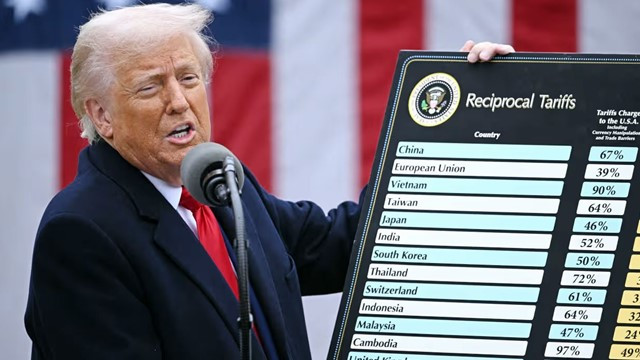
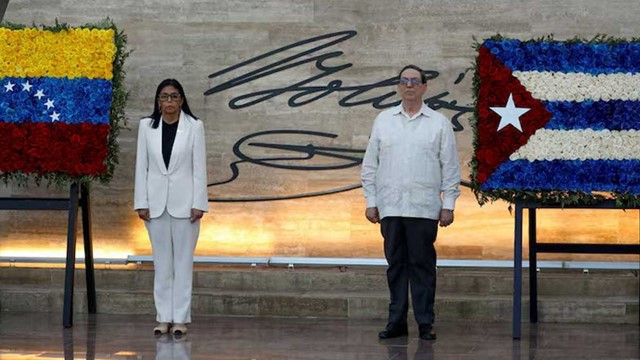
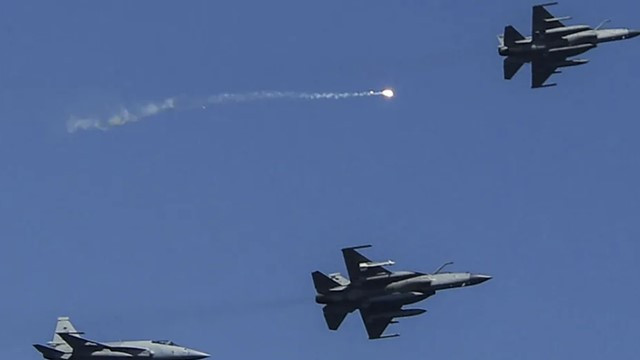
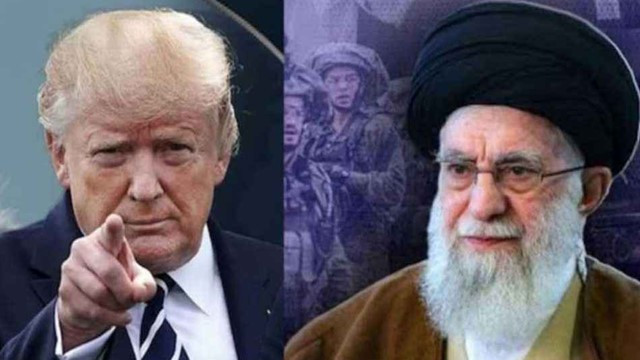
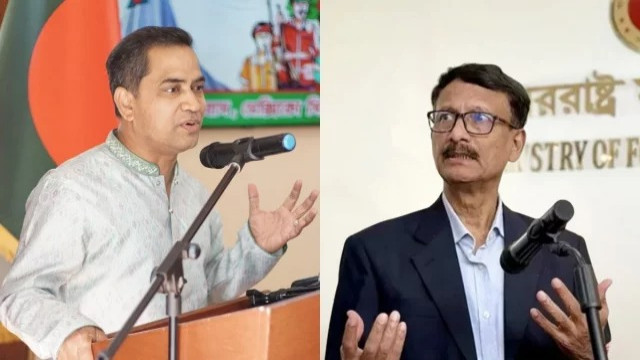
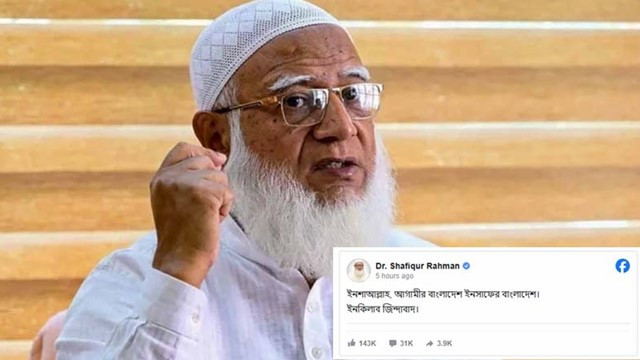
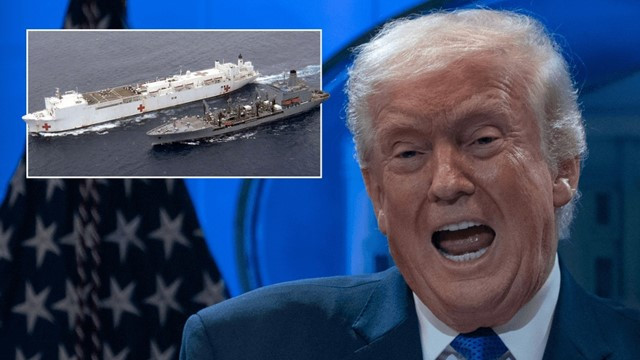
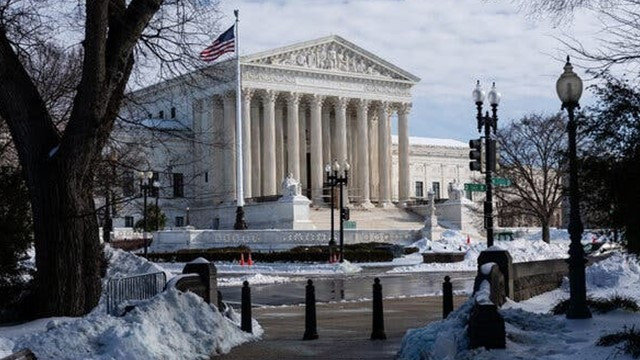
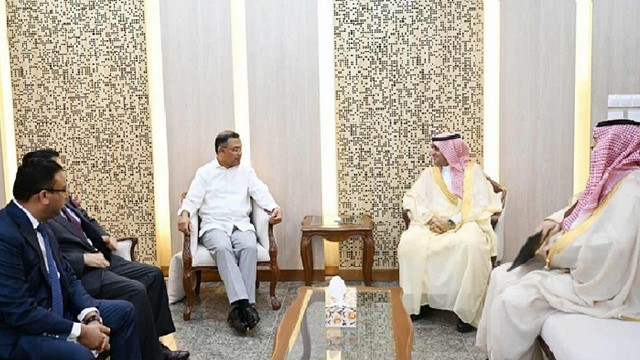
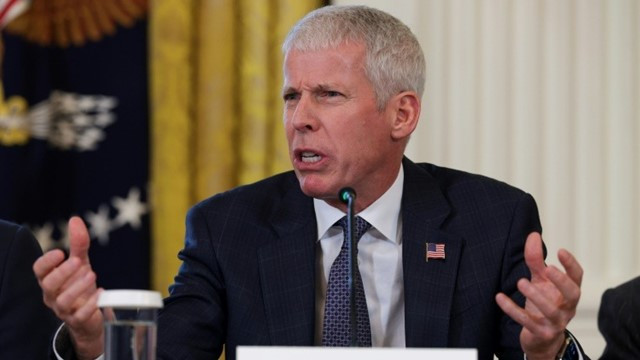
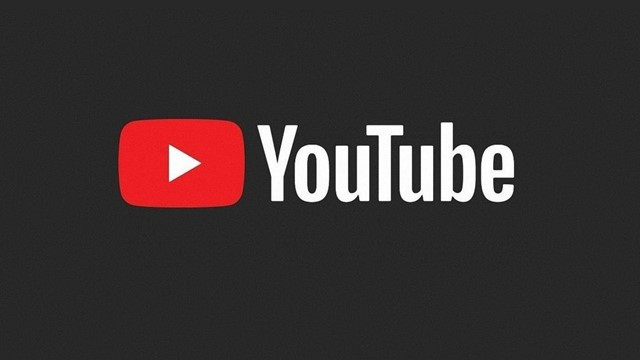
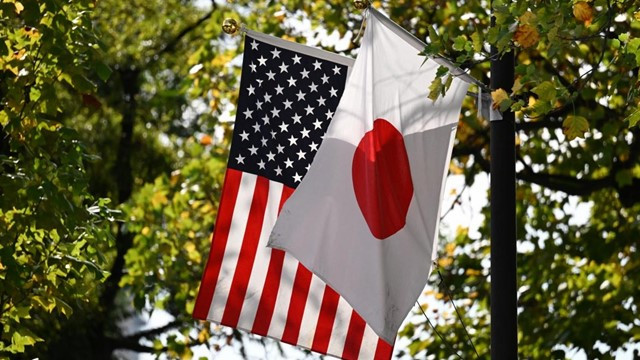
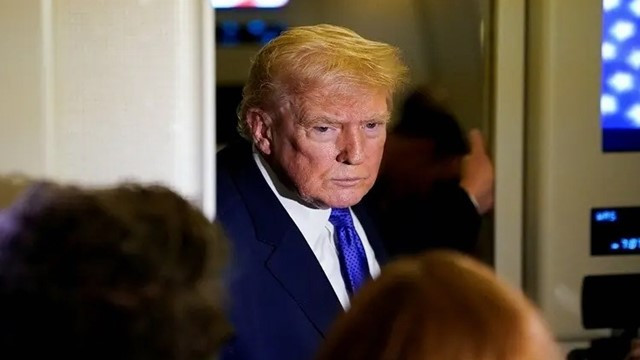
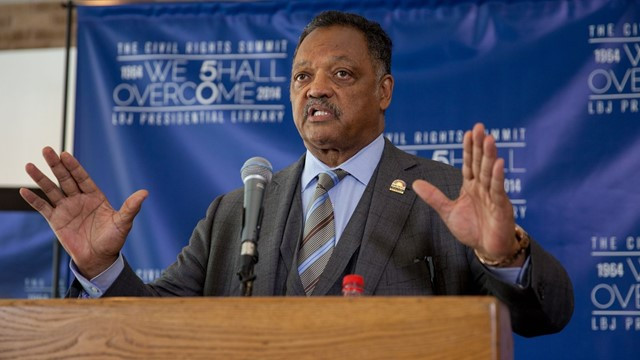
Comments Here: